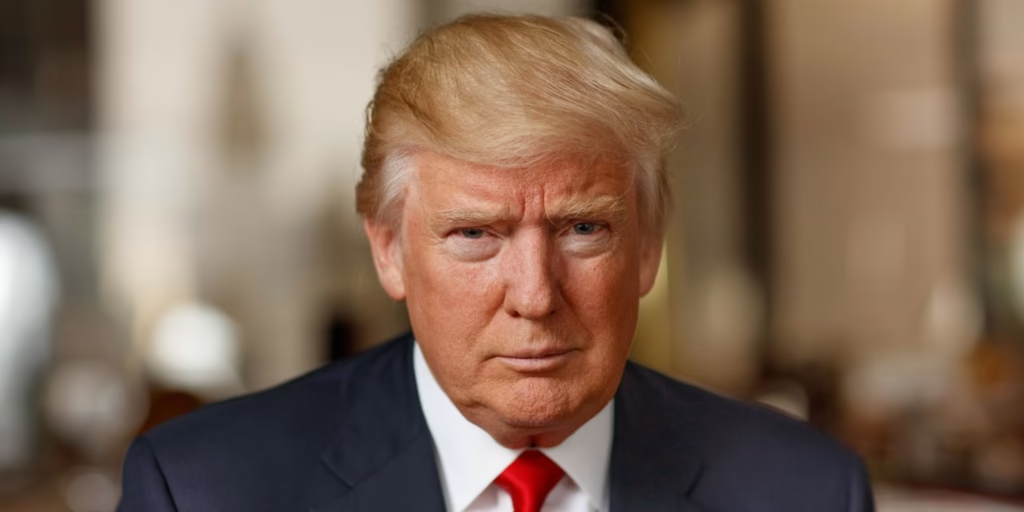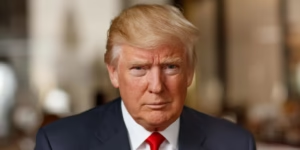Travel Ban Expansion Under Trump to Include 36 More Nations, Ghana Among Them

In a significant expansion of U.S. immigration policy, the Trump administration is reportedly preparing to impose travel restrictions on 36 additional countries, including Ghana. According to a report by The Washington Post, this development is based on an internal State Department memo that outlines plans for a broader travel ban. The memo, signed by Secretary of State Marco Rubio, was dispatched to U.S. embassies and diplomatic missions on Saturday, June 14, 2025.
The document gives the governments of the affected countries a 60-day deadline to meet specific requirements laid out by the U.S. Department of State. These include enhanced security measures, improved identity verification protocols, and more effective cooperation with U.S. immigration and law enforcement authorities. Failure to meet these standards within the given timeframe could result in full or partial travel bans on their nationals.
The memo reportedly states that some countries lack a “competent or cooperative central government authority” capable of issuing reliable identification documents. Others have been flagged for having large numbers of nationals who overstay their visas or violate the terms of their entry into the U.S.
This latest move follows an executive order signed by President Trump just two weeks ago, which placed a full travel ban on citizens from 12 countries: Afghanistan, Myanmar, Chad, Congo-Brazzaville, Equatorial Guinea, Eritrea, Haiti, Iran, Libya, Somalia, Sudan, and Yemen. In addition to these countries, seven others—Burundi, Cuba, Laos, Sierra Leone, Togo, Turkmenistan, and Venezuela—were subjected to partial restrictions that limit access based on visa type or reason for travel.
Speaking on the broader implications of the policy, President Trump emphasized that national security remains his administration’s top priority. He noted that the list of restricted countries could change depending on each country’s progress in meeting U.S. standards or if new global threats emerge.
The newly proposed list includes a diverse group of nations from Africa, Asia, the Caribbean, and the Pacific. In Africa, notable countries such as Nigeria, Ethiopia, Egypt, and Ghana—one of West Africa’s most stable democracies—are among those named. Other African countries on the list include Angola, Benin, Burkina Faso, Cameroon, Côte d’Ivoire, Djibouti, Gabon, Gambia, Liberia, Malawi, Mauritania, Niger, Senegal, South Sudan, Tanzania, Uganda, Zambia, and Zimbabwe.
From other regions, countries like Bhutan, Cambodia, Kyrgyzstan, Syria, Tonga, Tuvalu, Vanuatu, and several Caribbean nations—Antigua and Barbuda, Dominica, Saint Kitts and Nevis, Saint Lucia, and Sao Tome and Principe—are also set to be affected.
This expansion of the travel ban has already sparked criticism from human rights organizations and immigration advocates, who argue that it disproportionately affects poorer nations and could damage diplomatic relations. Critics also contend that such measures often have limited effectiveness in addressing the root causes of migration and visa violations, and that the policy could separate families and hinder academic and business travel.
The Trump administration, however, maintains that the measures are necessary to protect national security and ensure that all travelers to the United States come from countries that meet stringent identity verification and security standards.
As the 60-day window begins, the listed countries face mounting pressure to upgrade their immigration systems, cooperate more fully with U.S. authorities, and demonstrate tangible progress—failing which, their citizens may find themselves barred from entering the United States altogether.
More updates are expected as the State Department continues its review and monitors the compliance of the affected countries over the coming weeks.







